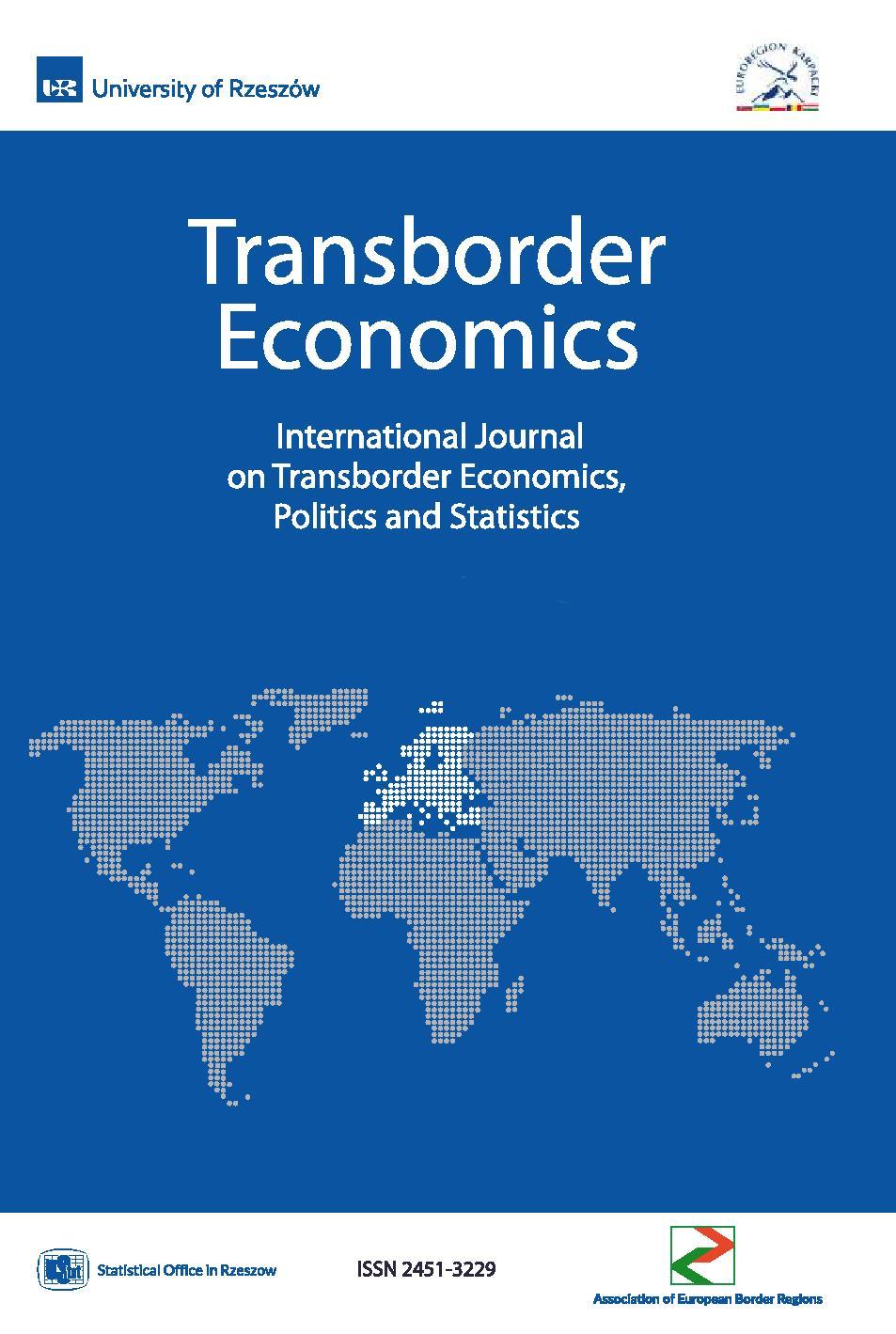Transnational corporations as form and factor of international economic integration
Słowa kluczowe:
international economic integration, globalization, transnational corporations, features, benefits and threatsAbstrakt
One of the main characteristics of the modern world economy is international economic integration. This article attempts to summarize the different approaches to the interpretation of the essence of international economic integration based on various criteria. Different organizational forms of international economic integration that characterize its respective degree are shown: an area of free market, customs union, common market, economic union, complete economic integration etc. Major international economic integration formation is presented. Particular attention is paid to transnational corporations as an integral element and factor in international economic integration and globalization. Specificity, importance, location and function of transnational corporations in the global economy and the associated benefits and challenges and their impact on globalization and the impact of transnational corporations in developing economies and the world economy are analyzed. The main manifestations of the negative impact of transnational corporations on certain aspects of social life and economic development are determined, in particular to deepen differences between developed and less developed countries, poverty and so on. Features of transnational corporations, which were exclusively the prerogative of the state, are highlighted. The basic specific features of transnational corporations that form the high level of features are shown. Characteristics of the market value of the largest transnational corporations are posted. EU as the most advanced form of integration group and its main task – to develop a common economic policy, a policy which covers commercial, industrial, agricultural, transport, regional, monetary, technological, environmental and others are characterized.
Downloads
Pobrania
Opublikowane
Jak cytować
Numer
Dział
Licencja
Prawa autorskie (c) 2017 TRANSBORDER ECONOMICS. International Journal on Transborder Economics, Finance, Politics and Statistics

Utwór dostępny jest na licencji Creative Commons Uznanie autorstwa – Użycie niekomercyjne – Bez utworów zależnych 4.0 Międzynarodowe.


